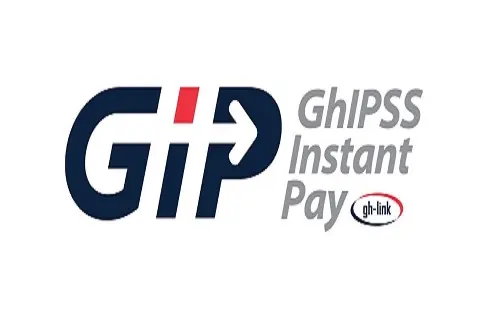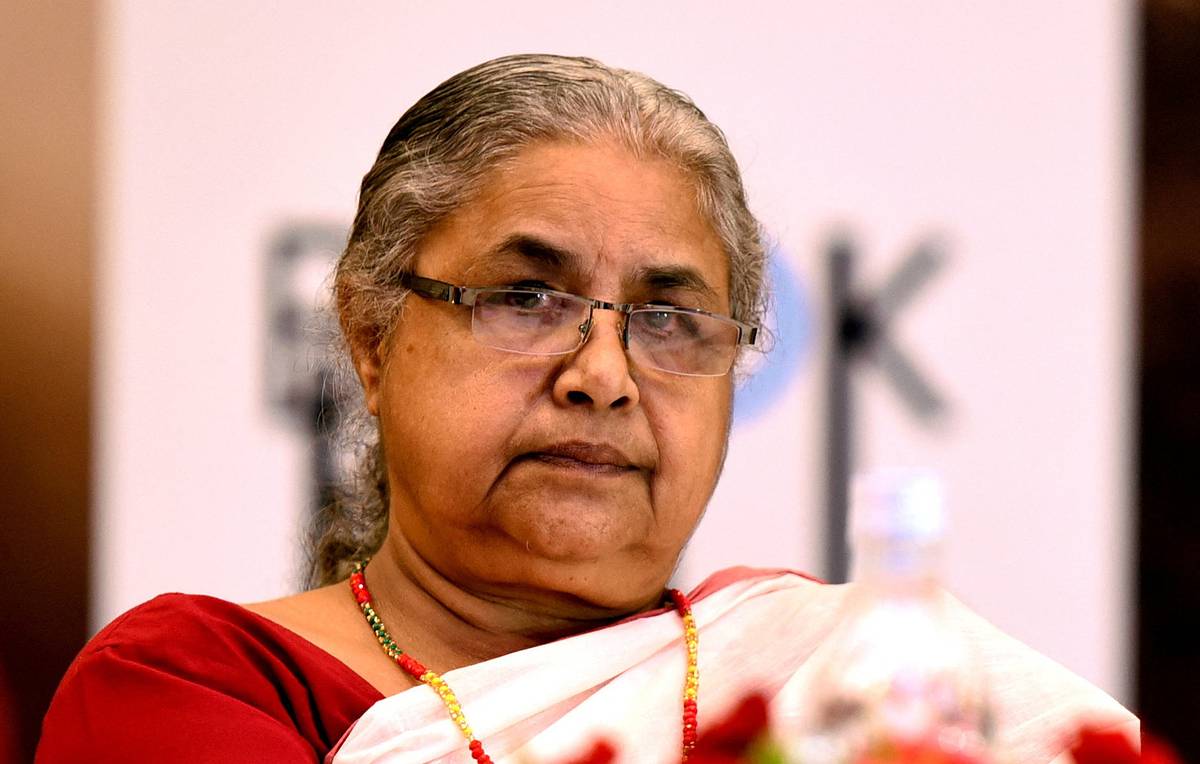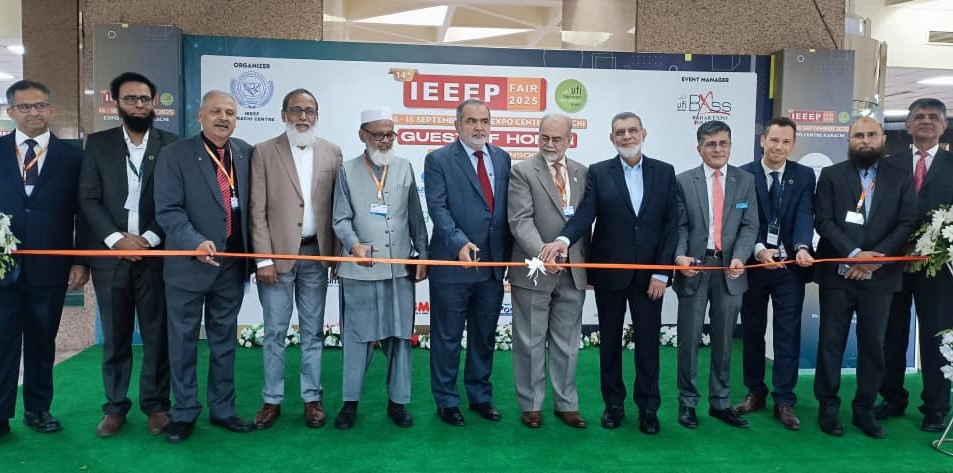By Ghana News
Copyright ghanamma

Sierra Leone’s central bank has embarked on an ambitious learning mission to Ghana, seeking insights that could transform the nation’s struggling digital payment landscape and bridge a financial inclusion gap affecting over 80 percent of its population.
The Bank of Sierra Leone delegation completed a strategic two-day study tour at Ghana Interbank Payment and Settlement Systems Ltd (GhIPSS), focusing on interoperability, instant payment platforms, and governance models that have positioned Ghana as a regional digital finance leader. The timing proves critical as Sierra Leone attempts to accelerate reforms outlined in its Second National Financial Inclusion Strategy running through 2026.
Ghana’s digital payment ecosystem offers compelling lessons for Sierra Leone, which currently struggles with only 19.8 percent of its population having access to formal financial services, including mobile money. This contrasts sharply with Ghana’s more advanced infrastructure where GhIPSS Instant Pay recorded a 50.8% rise in transaction volumes with values increasing by 104.6% in recent reporting periods.
The study tour examined Ghana’s sophisticated approach to mobile money interoperability and instant settlement systems, areas where Sierra Leone recognizes significant development opportunities. Clara B. Arthur, CEO of GhIPSS, emphasized the strategic importance of cross-border knowledge sharing in advancing Africa’s digital finance capabilities.
“The engagement between Ghana and Sierra Leone offers a unique opportunity to explore how we can build more robust, diversified, and interoperable payment ecosystems,” Arthur stated during the delegation’s visit.
Sierra Leone’s financial inclusion challenges run deeper than simple access issues. Most financial institutions remain concentrated in the capital Freetown and secondary urban areas like Kenema, leaving vast rural populations underserved. This geographic concentration has hindered the country’s ability to leverage digital payments for broader economic development.
Ghana’s experience with public-private partnerships presents a particularly relevant model for Sierra Leone’s ambitions. GhIPSS was established in May 2007 as a wholly owned subsidiary of the Bank of Ghana with the mandate to implement and manage interoperable electronic payment systems, creating a governance structure that Sierra Leone officials studied intensively.
The West African region has witnessed remarkable mobile money growth, with countries like Ghana demonstrating how proper regulatory frameworks and infrastructure investments can accelerate adoption. World Bank research shows that Fast Payment Systems accelerate the use of digital financial services, foster financial inclusion, and contribute towards a digital economy, providing evidence that supports Sierra Leone’s strategic pivot toward digital solutions.
Sierra Leone’s central bank has been implementing gradual reforms to expand electronic payment systems, but gaps in infrastructure and regulatory oversight have limited progress. The delegation’s focus on governance models reflects recognition that successful digital payment ecosystems require more than just technological solutions.
Industry analysts suggest that Sierra Leone’s study of Ghana’s model comes at an opportune moment, as the country faces mounting pressure to modernize its payment infrastructure and reduce cash dependency. The insights gained could prove instrumental in shaping upcoming policy reforms and infrastructure investments.
The collaboration reflects a broader trend of African nations sharing best practices in financial technology development. Ghana’s success in creating interoperable payment systems and fostering competition among service providers offers a roadmap that Sierra Leone hopes to adapt to its unique economic and regulatory environment.
Financial inclusion remains a critical development priority for Sierra Leone, where limited access to formal banking services constrains economic growth and entrepreneurship opportunities. The delegation’s emphasis on learning from Ghana’s partnership models with banks and mobile money operators suggests Sierra Leone recognizes the importance of collaborative approaches to system development.
The study tour’s outcomes could significantly influence Sierra Leone’s approach to digital payment regulation and infrastructure development. Officials indicated that insights from Ghana’s experience would help shape upcoming reforms designed to extend secure, affordable, and reliable financial services to underserved populations.
As Sierra Leone works to implement lessons learned from Ghana’s digital payment success, the broader implications for West African financial integration become increasingly apparent. Successful knowledge transfer could accelerate regional harmonization of payment systems and foster greater economic connectivity across borders.
The Bank of Sierra Leone’s learning mission represents more than bilateral cooperation; it symbolizes Africa’s growing recognition that shared expertise and coordinated development strategies offer the most promising path toward comprehensive financial inclusion and digital economic transformation.



